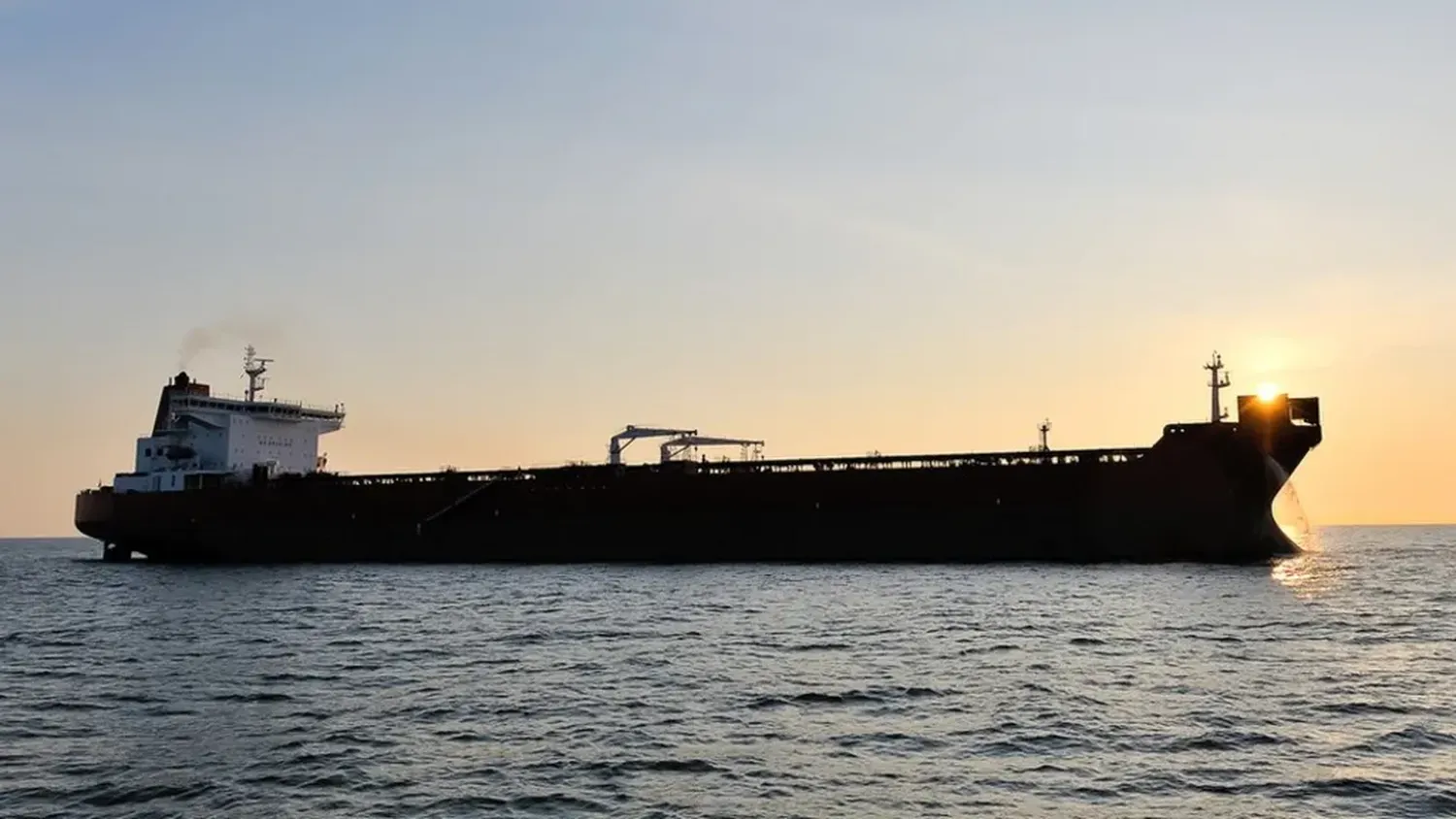Middle East
Oil Tanker Damaged in Houthi Missile Strike Off Yemen Coast
In a recent escalation of maritime hostilities, a crude oil tanker was severely damaged in a missile attack off the coast of Yemen, marking the latest in a series of aggressive actions by the Houthi rebels. The attack occurred approximately 15 nautical miles southwest of Mocha, a strategic Yemeni city, and has raised significant concerns over the safety of commercial shipping routes in the region.
The Panama-flagged vessel, identified in reports from the British maritime security agency UKMTO, sustained damage from two missile strikes. The first missile caused an explosion near the ship, while the second resulted in direct contact, significantly damaging the vessel. Fortunately, there were no injuries or fatalities reported among the crew, who were quick to respond to the emergency.
The tanker, previously owned by the UK until November 2023, is now registered under a Seychelles-based company and was en route from Primorsk, Russia, to Vadinar in Gujarat, India, when the attack occurred. The vessel was involved in trade linked to Russia, which has added a layer of complexity to the incident, given the current geopolitical tensions involving Russian trade activities.
Yahya Sarea, a military spokesman for the Houthis, claimed responsibility for the attack in a televised statement. He referred to the tanker as the "Andromeda Star" and declared the strike a "direct hit." This action is part of a broader pattern of Houthi attacks on shipping, which they justify as a response to perceived aggressions in the region, particularly in relation to the ongoing conflict in Gaza.
The Houthis have targeted vessels they associate with Israel or its allies, although the tanker in this latest incident did not have direct links to Israel. The rebels' actions have been widely condemned internationally, as they threaten one of the world's busiest maritime trade routes, which is vital for global commerce. The Red Sea and the Gulf of Aden, where these attacks have occurred, are crucial passages for oil and commercial goods traveling between Europe, Asia, and the Middle East.
In response to the increasing threat to maritime security, the US and the UK have conducted several targeted strikes on Houthi positions within Yemen. These military responses aim to degrade the Houthis' capabilities to launch maritime attacks but have so far not deterred the rebels from continuing their assaults on shipping.
The consequences of such attacks extend beyond immediate damage to vessels and pose significant environmental risks. Previous attacks by the Houthis have resulted in oil spills and other ecological disasters that affect marine life and the livelihoods of coastal communities. The international community remains on high alert, and shipping companies are increasingly cautious about navigating these waters.
Maritime security firms have advised vessels transiting the area to conduct thorough affiliation checks to avoid being mistakenly targeted by the Houthis. The ongoing conflict has led many shipping companies to consider longer, alternative routes around the Cape of Good Hope, significantly impacting global trade efficiency and costs.
As the situation develops, the international community continues to seek a resolution to the conflict in Yemen that addresses the root causes of the Houthi aggression. Meanwhile, the safety of maritime crew and the environmental integrity of the Red Sea hang in the balance, underscoring the complex interplay of regional politics and global trade dynamics.

